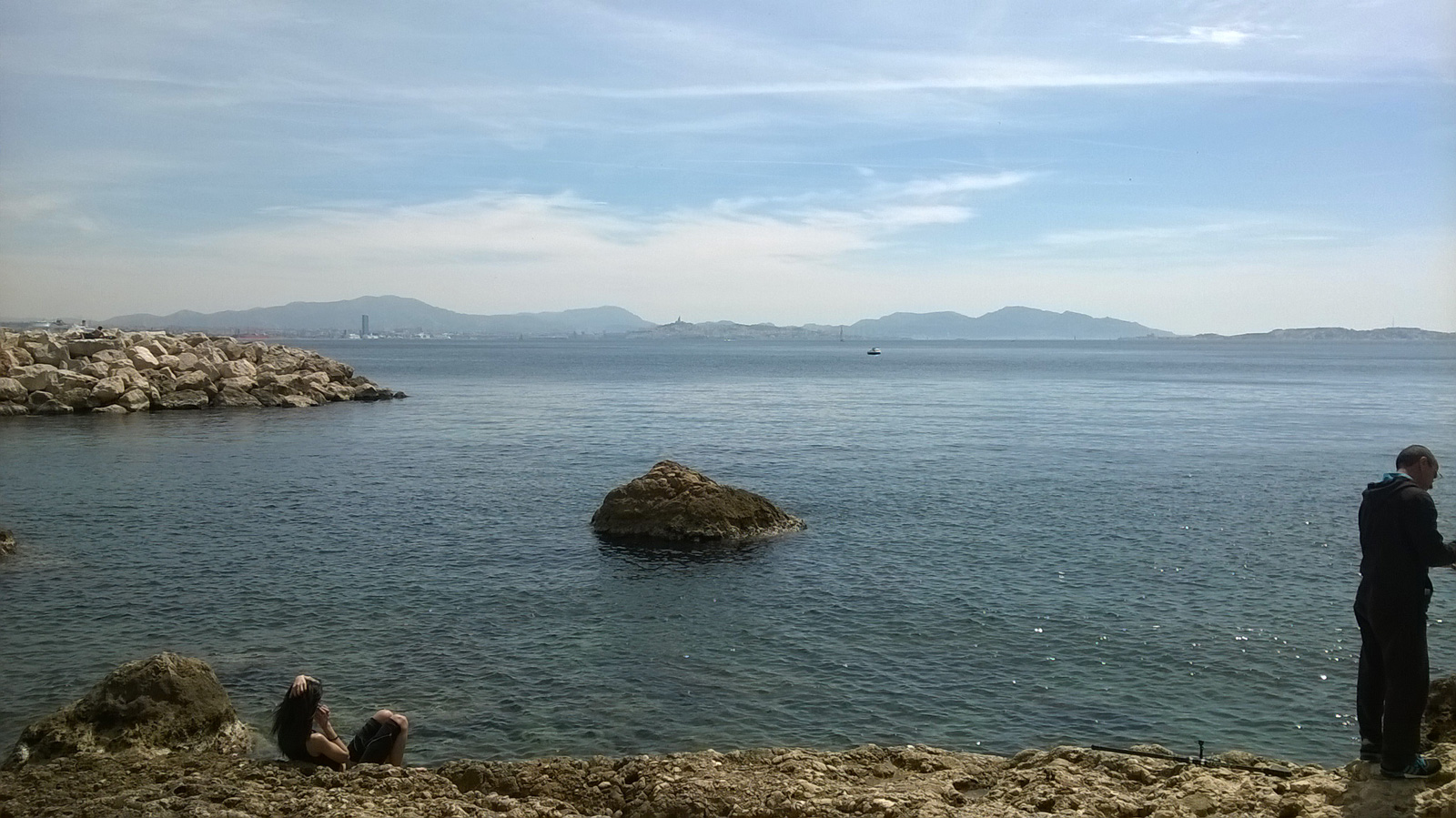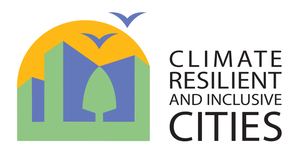DeepSeek AI Model : Opportunity or Risk?
By Joen Martinsen and Pascaline Gaborit
DeepSeek, a Chinese AI chatbot, has rapidly gained traction, becoming the most downloaded free app in the U.S. shortly after its launch. Its R1 model, now open-source, claims to rival OpenAI’s O1 model in performance.
What sets DeepSeek apart is its lean budget—the development team asserts they achieved this milestone with less than $6 million, a fraction of the billions invested in AI by U.S. tech giants like OpenAI. A key factor in this breakthrough is its reliance on Nvidia H800 chips, which operate with reduced capacity, avoiding dependency on high-end Nvidia A100 chips, restricted due to U.S. export bans.
For perspective, OpenAI was founded a decade ago, employs 4,500 people, and has secured $6.6 billion in funding. In contrast, DeepSeek, established less than two years ago, operates with just 200 employees and was developed with a budget of under $10 million .
Does DeepSeek signal a new era of AI innovation or raise concerns over competition, security, and regulation?.
This accomplishment reflects broader implications in the global AI race, especially as the U.S. has implemented strict export controls targeting China’s access to advanced semiconductor. Restrictions include export bans on chips and chipmaking equipment since October 2023, and a first-of-its-kind prohibition on U.S. persons aiding Chinese chip development without a license. These measures aim to limit China's advancements in both AI and military modernization, and for the U.S to maintain technological supremacy. However, DeepSeek’s breakthroughs demonstrate that resourceful methods can counter such constraints, potentially diminishing the effectiveness of U.S. policies. While this raises questions about America's long-term strategic position, it also emphasizes the potential for less resource-intensive, climate-friendly AI innovations. This could be an opportunity for other companies to imitate this success, and this could be especially true as the developed system is shaped with open access .
DeepSeek-R1 is indeed an open-source AI model. The company has released it under the MIT license, ensuring clear open access for the community to utilize and build upon its model weights and outputs. This open-source approach allows developers worldwide to modify and integrate the model into various applications, promoting innovation and collaboration in the AI community. Eric Schmidt, former CEO of Google, has commented on DeepSeek's significance. In a recent op-ed, he stated that DeepSeek's emergence marks "a turning point" in the global AI race.







